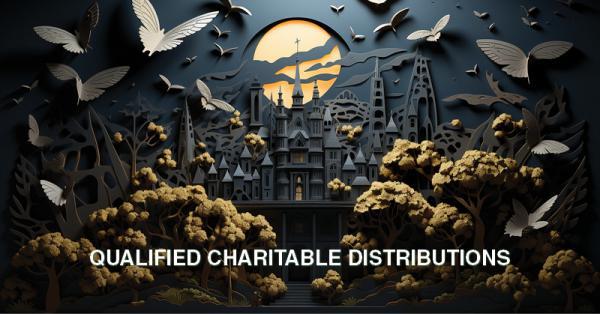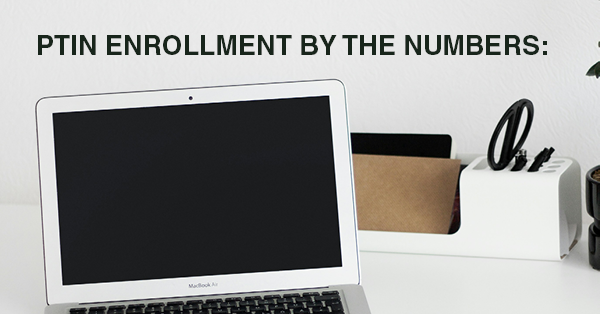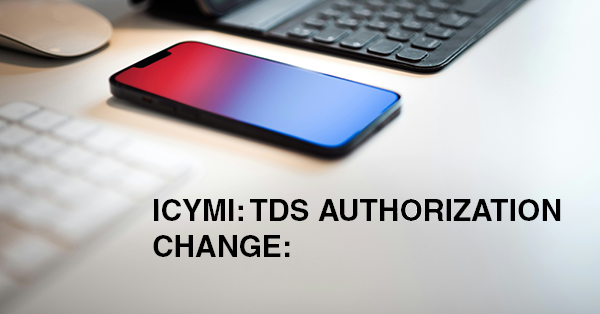QUALIFIED CHARITABLE DISTRIBUTIONS:

Individuals age 70 ½ or older may be able to exclude a qualified charitable distribution (QCD) of up to $100,000 from their income each year. A QCD is a taxable distribution paid directly from an IRA (other than an ongoing SEP or SIMPLE IRA) to a qualified charity. It cannot be paid to you as the IRA owner.
You must be at least age 70½ when the QCD distribution to the charity is made. The SECURE 2.0 Act of 2022 did not change the 70½ age to be eligible to make a QCD.
QCDs can satisfy part or all of your required minimum distribution (RMD) for the year. By directing your RMD to a qualified charity, the distribution is not included in your taxable income. This can be advantageous for individuals who do not need the full amount of their RMD for living expenses and want to minimize their taxable income.
A QCD does not affect your income and is tax-free if paid directly from the IRA to an eligible charitable organization, and is available regardless of whether you itemize deductions on Schedule A. If you took a distribution from your IRA and then made a charitable donation, the distribution would be taxable as ordinary income and the donation would only be deductible as an itemized deduction on Schedule A. Itemized deductions for most taxpayers don’t exceed the available standard deduction. And the increased income could affect eligibility for certain available tax credits.
The financial institution reports the QCD to you on Form 1099-R. You report the QCD on Line 4a of the Form 1040 along with any other IRA distributions. Show the amount of the QCD as zero taxable on Line 4b and write “QCD” next to the Line 4b entry. Review Publication 590-B, Distributions from Individual Retirement Arrangements for more information.
Final Note: For those taxpayers who have reached the age of 70 ½ and are generally charitable, the QCD should be the only method of making a charitable donation. If the individual has a checkbook available on their IRA, the check directly written to the charity will satisfy the “trustee to charity” requirement.




